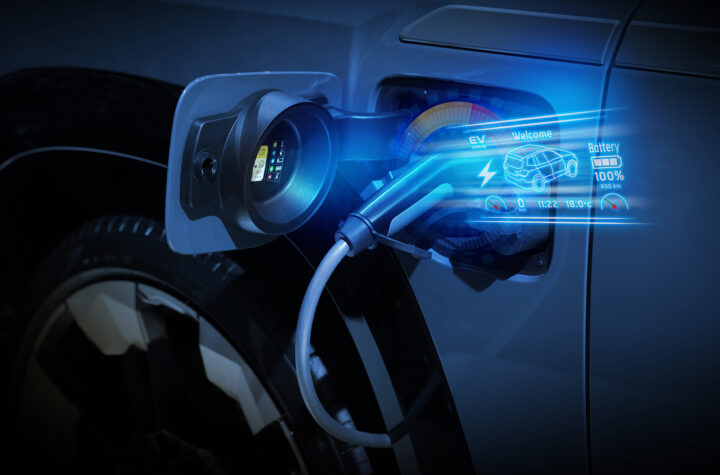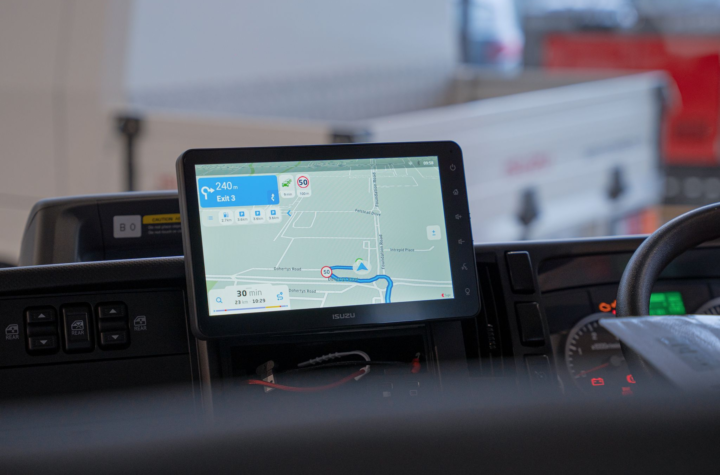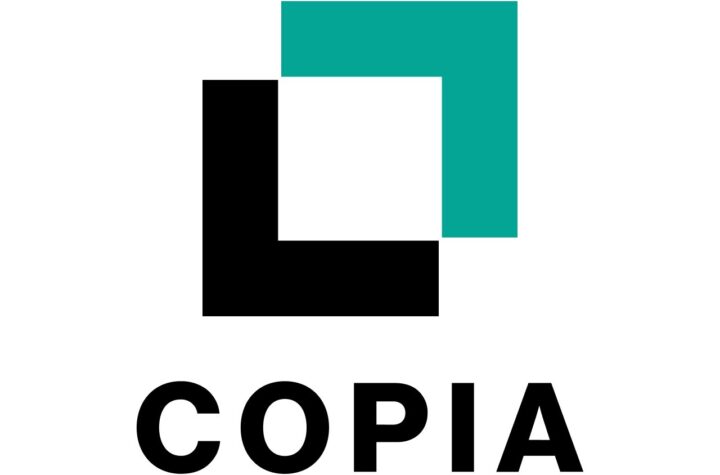
Netherlands-based Centre for the Promotion of Imports from developing countries known as CBI, helps boost exports from developing countries to the European Union – especially small and medium enterprises. One of the sectors where the CBI is active is in the automotive parts industry. According to a CBI report, exports from emerging markets (excl. China and Brazil) increased by 56% between 2007 and 2011. Also major manufacturers started production in countries near to Europe. Major supply countries are Egypt, India, South Africa, Sri Lanka, Thailand, Tunisia and Vietnam.
According to the CBI survey, carried out last year, the most promising national markets in Europe are those which have the most important automotive manufacturers such as Germany, France, Italy and Sweden. Countries in which these major OEMs have set up vehicle assembly plants like Poland, Slovakia, the Czech Republic and Romania are trying to build up a national supplier base, however these countries have shown also an increase in imports of parts and components.
The CBI survey went on to point out that for the aftermarket, three different groups of countries offer opportunities to exporters. The biggest of these markets are Germany, France, the UK and Italy. The East European market such as the Czech Republic, Poland, Slovakia, Romania and Hungary, offer long-term growth and good development potential because of a rapidly increasing car population.
The CBI helps potential exporters to the EU market to find whether there is demand for their products in the EU. Whether those products fit the taste of the EU consumers, which countries these exporters should focus on. The CBI offers its market research to the potential exporters and then goes on to help with finding out what requirements need to be met for products to be allowed into the EU. Buyer requirements or market access requirements cover legal requirements which are the basis for what products are marketed in the EU. Additional requirements are those that go beyond legislation as companies can go further than legislation in their requirements. The main categories of additional requirements are environmental requirements and social (labor) requirements (Corporate Social responsibility CSR).
The CBI helps potential exporters from developing countries to be able to grapple with different requirements. “Over the last 40 years, we have opened the doors of European trade to thousands of exporters in developing countries. We offer a needs-driven approach to both exporters as well as their business support organizations (BSOs) and governmental authorities. We focus on the link between producing exporters and European buyers. We contribute to strengthening the competitive position of exporters sustainably, assisting them in trading on the European markets,” says a CBI statement. “Our contribution consists of sustainable strengthening of the competitive capacity of SME exporters and producers in developing countries, focusing primarily on European markets.”
The CBI conducts a range of training programs for exporters as well as business support organizations. For exporters, the training programs cover issues such as market access requirements, effective trade fair participation, corporate social responsibility training, e-Business, website promotion, market research, costing and pricing, internal and external customer orientation and product development. For BSOs, training modules cover topics such as export marketing training, market intelligence and collective trade fair participation.
In the 2012 survey the CBI conducted, it was highlighted 2012 will be a difficult year for Western European manufacturers, but Europe coould still take the lead in the development of new technology and high-end products. Demand for new cars declined considerably as can be concluded from ACEA figures over the last few months. Growth is mostly export-led and driven by sales in China, says the report. OEMs and systems suppliers will need to continue their focus on efficiency and cost effectiveness, actively pursuing outsourcing and production agreements with manufacturers in low-cost countries. “Competition in the OEM chain will remain strong, as a result of over-capacity. EU demand is predominantly for small cars, which have a much lower production value and carry only minimal profits for automakers and suppliers,” says the CBI report.
The various stimulus programs enacted in 2009 and 2010 will also have a negative effect on the aftermarket. Not only are old cars replaced by new ones, but the latter are often small, compact ones, requiring fewer and cheaper parts. French consultants ICDP estimate the aftermarket to decline by 8-10% between 2009 and 2015 for the UK, Italy and France, whilst Germany and the Netherlands should experience smaller setbacks, of 3% and 1% respectively.”
Automotive Industries spoke to Cor Dieleman, Senior Programme Manager, Asia & Eastern Europe, Centre for the Promotion of Imports from developing countries (CBI) Ministry of Foreign Affairs, the Netherlands.
AI: What are some of the trends you see in automotive exports from developing countries?
As the reports confirm there has been an increase in exports from developing countries by 56% over the period 2007 – 2011 excl. Brazil and China. Some major companies started production in countries like Moldova. The last trade shows like Automechanika and IAA for commercial vehicles still were positive for our participants. In India growth figures have come down a bit, which affected the industry – made cash flow situation of companies especially the SME’s more complicated.
AI: How has economic crises in countries like Greece impacted exports?
Manufacturers especially in Asia in general have the perception that nothing is happening in Europe anymore , so they focus much more on their own region. However our experience shows that European companies are interested in establishing contacts with suppliers in Asia.
For various reasons like outsourcing or, finding partners to supply to their present customers in new markets.
AI: How has the CBI’s role evolved or changed to take into account the changing economic situations in the EU?
Competition has become more severe. This makes higher demands on companies but also on organizations that support and contribute to the development of the sector. We are now looking at the value chain as a whole and look at the roles of the individual players. By analyzing the value chain we can identify where the support is needed and which roles should be better performed. We try to get the players to work together.
AI: What are some of the challenges facing automotive parts exporters from developing countries?
The market is situation is quite complicated at the moment. Prospects are not bright in the very near future. Buyers trying to reduce the number of suppliers.
The challenges are to meet the competition by more efficient production, focus on consistent quality, taking worries from buyers away.
AI: How are small and medium exporters from Asian countries responding to changing global requirements and what role has CBI played in helping these exporters?
Depending on the country ad sector, some are grasping the possibilities the local and regional market are offering, so more focus on their local and regional market. Others are trying to survive.
By providing information, but also advice to individual participants and organizing trainings like process control. Making people aware about how they can save on costs of raw material and energy without big investments, but by looking in a critical way to their processes and take out unnecessary steps.
For the coming years our focus will be on Egypt, Indonesia, Pakistan, Philippines, South Africa, Tunisia and Vietnam.
AI: Tell us a little about how CBI helps automotive parts makers enter the EU market – from helping identify markets to helping meet legal requirements.
Informing people about the requirements of the European market, see if they meet these and during company visits identify strong and weak points and set an activity plan and coach companies during implementation. Companies have to go for certification themselves if required, but our consultants can guide them to some extent, so that proper procedures are followed. India has reached now a certain level where we will end our support.
One of our participants reported: “it was the re-orientation of the production process and investment in human resources. Not only did this help establish a foothold in new markets and segments, it also increased employee satisfaction.”
In South Africa we have been working together with the International Trade Centre in Geneva in the automotive sector in order to improve companies in the supply chain.
AI: What are some of the training programs you conduct? Tell us a little about CBI’s participation in trade fairs.
The trainings we organize are aimed at improved production , marketing and management. It are very concise and practical trainings. As indicated already process control is one of them, market research, website promotion, participation in trade fairs, costing and pricing.
The essentials to make a company a reliable and interesting partner to enter into a business relation.
This year we participated in the international trade fairs Automechanika in Frankfurt, Germany, IAA commercial vehicles in Hanover, Germany.
Also in related fairs like the Hanover Industries Fair (subcontracting), AMB Tooling in Stuttgart, EIMA for agricultural machinery and equipment in Bologna Italy
In spite of the economic situation all our participants were very happy with the results.














More Stories
Irdeto and ChargeHub Strengthen EV Charging Market with Seamless Plug & Charge Integration and Roaming Solution
Isuzu Trucks in Australia Drive with Sygic’s Embedded Navigation
Global Debut for TWR V12 Super-GT “Supercat”